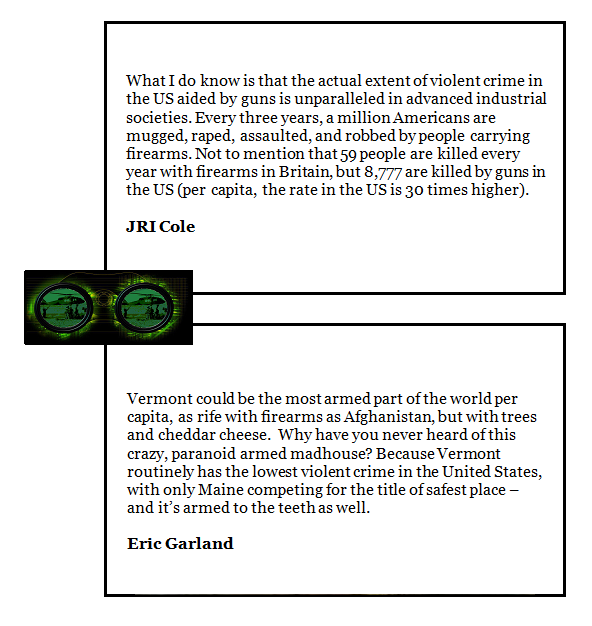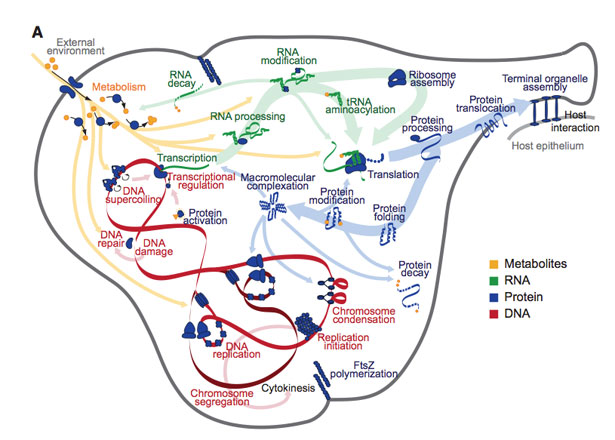No compulsion in religion
Thursday, July 26th, 2012[ by Charles Cameron — conversion by force, the Qur’an — and a question about space travel ]
.
Under the header, Africa: ‘Christians Must Convert’ Says Islamist Group, the Catholic Information Service for Africa reported recently:
Islamist militants have claimed responsibility for the deaths of more than 50 people in north-central Nigeria – and called on the country’s Christians to convert to Islam. Boko Haram spokesman Abu Qaqa issued a statement that the Islamist group carried out the attacks on more than a dozen villages last weekend (June 30 – July 1) and said it will continue to attack the country’s Christians.
According to the statement: “Christians in Nigeria should accept Islam, that is true religion, or they will never have peace.”
“We do not regard them as trusted Christians as some illiterates are campaigning because it was Christians that first declared war on Muslims with the support of government.”
Violence in Plateau state last weekend was blamed on members of the predominantly Muslim Fulani ethnic group, which attacked Christian tribes in the region in March 2010 due to political and social tensions. According to a Red Cross statement issued late Sunday (July 1), aid workers counted 58 dead – but other estimates place the number higher. Press Trust of India reporters stationed in the capital Abuja stated that 135 people were killed.
In the statement Boko Haram thanked God for the massacre: “We praise God in this war for Prophet Mohammed, we thank Allah for the successful attack in Plateau state on Christians and security men”.
Speaking to Aid to the Church in Need last month, Bishop Martin Igwe Uzoukwu Minna said: “If we have to die for Christ, we will die for Christ, but why should we be forced to make the choice?”
**
Sheikh Sâmî al-Mâjid, professor at al-Imâm Islamic University, Riyadh, finds the answer quite simply set forth in the Qur’an:
Allah says: “Let there be no compulsion in religion. Truth has been made clear from error. Whoever rejects false worship and believes in Allah has grasped the most trustworthy handhold that never breaks. And Allah hears and knows all things.” [Sûrah al-Baqarah: 256]
He then comments:
One of the fundamental truths established by the sacred texts is that no one can be compelled to accept Islam. It is the duty of Muslims to establish the proof of Islam to the people so that truth can be made clear from falsehood. After that, whoever wishes to accept Islam may do so and whoever wishes to continue upon unbelief may do so. No one should be threatened or harmed in any way if he does not wish to accept Islam.
This verse is decisive in establishing that each person has the right to make his or her own choice about embracing Islam. There is other equally decisive evidence in the Qur’an, among which are the following verses:
Allah says: “If it had been your Lord’s will, all of the people on Earth would have believed. Would you then compel the people so to have them believe?” [Sûrah Yûnus: 99]
Allah says: “So if they dispute with you, say ‘I have submitted my whole self to Allah, and so have those who follow me.’ And say to the People of the Scripture and to the unlearned: ‘Do you also submit yourselves?’ If they do, then they are on right guidance. But if they turn away, your duty is only to convey the Message. And in Allah’s sight are all of His servants.” [Sûrah Âl `Imrân: 20]
Allah says: “The Messenger’s duty is but to proclaim the Message.” [Sûrah al-Mâ’idah: 99]
It is important to note that these last two verses were revealed in Madinah. This is significant, since it shows that the ruling they gave was not just contingent on the Muslims being in Mecca in a state of weakness, but is valid for all time.
**
We humans do seem to like imposing our own views on others, though, don’t we? And religion is a brilliant playground for that sort of thing.
If God had planted different the religions on different planets, do you think we’d have mastered space travel by now?









